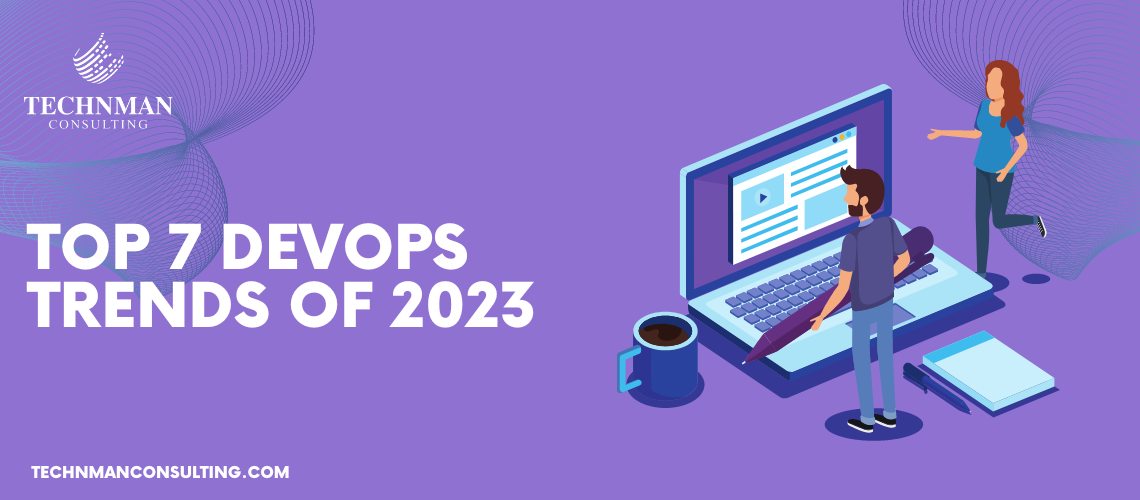Python is a popular programming language that is straightforward to use and apprehend. It lets programmers quickly create applications by combining specific software additives. Python’s syntax is concise, making examining and preserving code simple. The language helps modular programming, making it easy to reuse code across tasks. Python is free for all principal PC platforms, and users can freely share the interpreter and massive general library. But is it worth it to invest your time in learning Python?
GUIDO VAN ROSSUM created Python, the first model launched in 1991. The demand for this technology is increasing because of its wide variety of programs in contemporary fields like information technology, machine learning, and automation.
“Python: Where sophistication blends with adaptability in coding.”
Diverse Use of Python
Python has many uses, some of which are discussed below.
1. PYTHON FOR DATA ANALYTICS
Data analytics is a rapidly growing field that uses the Python framework. The language is accessible, intuitive, and well-supported, which means it can be used for data analysis. Useful for data processing when working with large amounts of information.
2. PYTHON USED IN AUTOMATION
Python is an excellent tool for writing programs to automate various everyday tasks. You can use Python automation to search and download information from the internet, organize and submit online documents, and regularly send reports or emails. Doing all these things without Python can be time-consuming and prone to errors. Using Python scripts to accomplish such tasks in minutes will dramatically increase your productivity and save you valuable time and effort for more creative projects. Python is also recommended for automation tasks because of its extensive library support, ease of reading, and vibrant community.
3. PYTHON FOR DATA REPRESENTATION
Data visualization is a data analysis component that enables us to present unprocessed, cleaned, or transformed information more excitingly and wisely. By using visual elements like charts, graphs, and infographics, we can make data more accessible and understandable to our audience.
4. PYTHON FOR SOFTWARE DEVELOPMENT
Python is utilized throughout the different phases of software development. This includes activities like Build control, Automated continuous compilation, prototyping, bug tracking, testing, and software maintenance.
5. PYTHON FOR WEB DEVELOPMENT
Due to its ease of use and adaptability, Python is a popular choice for web development. Some frameworks are used in Python for web development, like Django, Flask, FastAPI, Pyramid, and Tornado. These frameworks have modules that facilitate handling various aspects of web development, including sharing data with servers, information processing, database access, URL routing, security, etc.
6. PYTHON FOR ARTIFICIAL INTELLIGENCE [AI] AND MACHINE LEARNING [ML]
Python has become a popular choice for developing AI and ML solutions. Developers may effectively use AI and ML by releasing their potential. TensorFlow, PyTorch, sci-kit-learn, and Keras are well-liked Python libraries for AI and ML.
Practicality of the Language
Python is a coding language for various uses. Beginners and experts prefer it, as it’s easy to understand. Python can tackle many tasks. It is relatively easy to learn, allowing for interactive programming experiences. Additionally, Python has a vast ecosystem of libraries and tools, making it compatible across different platforms. Furthermore, Python is backed by a vibrant community of developers who contribute to its continuous growth and development.
Python’s web community?
Huge! Great programs need great folks, and Python shines. Learners or experts, we support each other. The Python community is not limited to online forums but includes local gatherings, seminars, and cooperative projects.
Accurate and Wide Library for ML Algorithm
Python is fantastic for machine learning (ML) algorithms! Several libraries exist for various tasks. Let’s explore
NumPy is incredibly well-liked for multidimensional matrices and arrays. It takes this library to build ML models.
Numerous tools are available for ML tasks, such as clustering, regression, and classification using Scikit-learn.
Pandas make data cleansing and transformation for machine learning models straightforward.
Matplotlib: This versatile library easily creates plots, charts, and graphs.
PyTorch excels at computer vision and natural language processing. Its central claims to fame are its speed and efficiency in managing big datasets.
Theano highlights numerical computation designed for machine learning.
These libraries make it easier for developers and data scientists to create dependable machine-learning models.
Adopted by Leading Tech Companies
Python is a versatile coding language well-known for being easy to use and adaptable. Leading tech firms utilize Python extensively. Its features include web development capabilities and advanced artificial intelligence applications.
Python plays a key part in Google’s web search system, App Engine apps, data analysis, machine learning, and AI development. Facebook And Instagram are one of Python’s significant users.
Instagram utilizes the Django framework; its straightforwardness and trustworthiness enable Instagram to manage its gigantic platform proficiently. Python’s adaptability permits Netflix to give customized content suggestions to its global client base. Spotify uses Python for data analysis and backend services. Spotify employs Luigi, a Python module. It handles enormous data pipelines assisting with music recommendations and streaming services.
Python’s popularity reflects its reliability and usability across various domains. This adaptable language offers diverse applications, ranging from straightforward websites to complex AI systems.
How do I start learning Python?
Learning Python has several benefits. Python is one language employed across diverse fields. Financial institutions also rely on Python for many tasks. In the healthcare sector, Python also finds various applications. It is pretty popular and versatile. Mastering Python can unlock numerous career paths and lead to better job prospects. Because of its versatility, Python is a valuable skill to develop.
Learning Python can be a great choice. Online guides, interactive coding environments, or introductory-level books are good starting places. In addition, many free materials are accessible, such as coding challenges and video lectures. Python is easy to access; we can quickly learn Python from YouTube, google, and many other platforms. Computers, Python interpreters, text editors or IDEs, learning resources, practice, community, etc., are basic needs for learning Python. Jupiter Notebook, Pip, Visual Studio Code, etc., are some tools for learning Python.
If you’re interested in learning Python, we provide on-the-job training that can advance your knowledge in Python. Additionally, we provide project-based learning. You can contact us through LinkedIn, Facebook, Instagram, or any other social media platform, or click here and reach out for a quick chat with our hiring manager.





